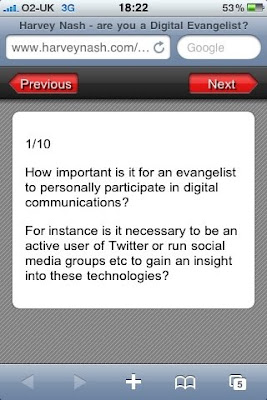
(Spotifylists also looks like it has attracted the same spam pollution that seems to mark anything that is becoming genuinely popular - check the 'small claims filing' playlist).
Of course there is a perfectly good way to find find what other people who share your taste in music like, on Last.fm. I deleted my Last.fm account back in 2007 when they were taken over by CBS, as I personally didn't want to give a record label access to my hard drive, and I didn't know just how much access Last.fm's scrobbling function would give them. So two and a half years on there don't seem to have been any prosecutions for whatever it is that constitutes 'things that record labels can prosecute you for' these days, and I'd largely forgotten about Last.fm. I was bemoaning Spotify's lack of sharing features a few weeks ago and someone pointed out that all the things I was after from it were so 2006, and I decided to give Last.fm another go - lets face it, it was a bit ahead of its time.....
Ok, so I was wrong. And my Last.fm profile is a bit lonely. If you're passing that way then look me up, and if you share similar tastes, I'm a little behind the curve on friends over there!









